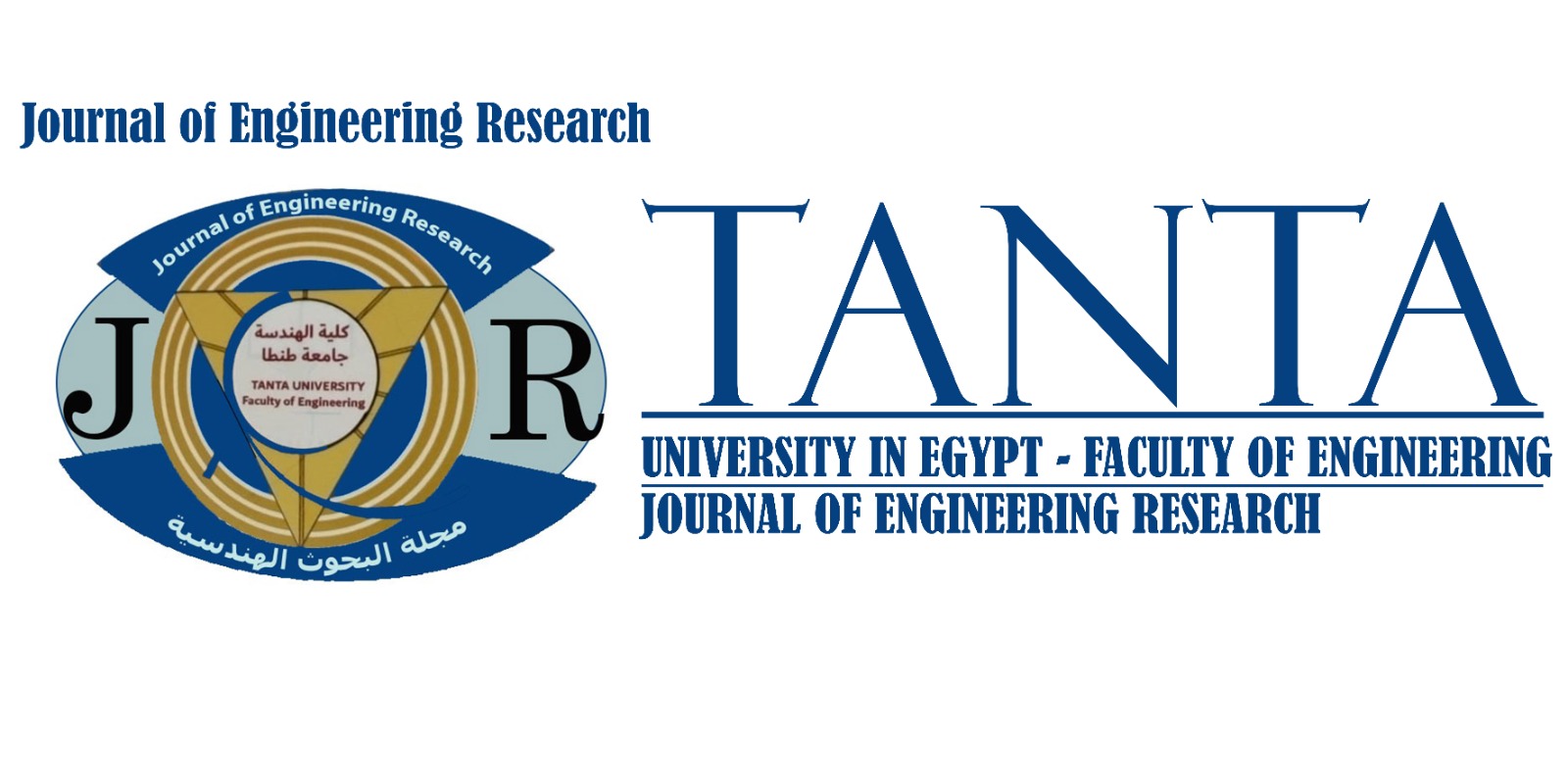Journal of Engineering Research

Abstract
The current experimental investigation uses the water spraying approach to increase the productivity and efficiency of pyramid solar still. The design, construction, and testing of a traditional and modified small-scale pyramid solar still were conducted under identical meteorological conditions as in Tanta City, Egypt (30° 47' N, 31°E). One of the modifications is that heated sheet metal will occasionally be sprayed with salted water. We looked into how the modified solar still's (MPSS) performance characteristics were affected by solar radiation, water depth, and sheet metal-specified temperature. Measurements were made of the saline water temperature, glass temperature, spraying flow rate, and daily productivity. The performance of MPSS and traditional pyramid solar stills (CPSS) was contrasted. Because the results indicated that water depth had a detrimental impact on productivity, we chose the lowest level that could be achieved—roughly 15 mm for MPSS and 8 to 22 mm for CPSS. For MPSS and CPSS, the daily productivity was approximately 5000 ml/m2 and 2830 ml/m2, respectively. MPSS outperformed CPSS in productivity by almost 44 %. Furthermore, the modified pyramid solar daily efficiency ranges from 57 to 69%, while the regular pyramid solar still ranges from 26 to 41%.
Recommended Citation
dewedar, mahmoud mohamed; EL-Samadony, Yasser A. F.; Mohamed, Alsayed AlSaeed; and Abdo, Ahmed Ibrahim
(2024)
"Performance and enhancement evaluation of a solar still by using spraying technology,"
Journal of Engineering Research: Vol. 8:
Iss.
3, Article 24.
Available at:
https://digitalcommons.aaru.edu.jo/erjeng/vol8/iss3/24
Included in
Mechanical Engineering Commons, Nanotechnology Commons, Physical Sciences and Mathematics Commons

